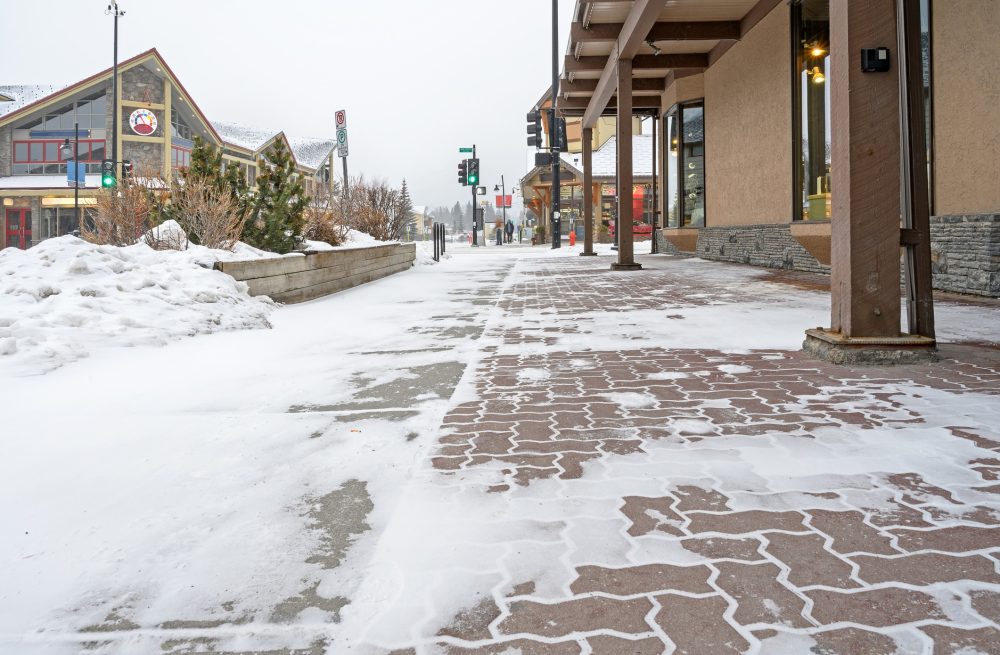Winter is right around the corner. It is not always clear during New Jersey winters when a storm may occur or how much snow, sleet, and/or ice will hit the ground. Sometimes it is predicted to snow less than an inch and we end up with a foot of snow or perhaps freezing rain. With winter conditions being so unpredictable, commercial property owners may have a difficult time determining when is the appropriate time to remove snow and ice or apply salt to the areas surrounding their properties.
Commercial property owners may be under the impression that they are responsible to clear sidewalks only after the precipitation ends. However, there is the possibility this may not be the standard anymore. The New Jersey Supreme court has agreed to hear a case to determine whether a commercial property owner is obligated to remove snow and ice from surrounding pavement while precipitation from a storm is still ongoing.
The original lawsuit giving rise to this Supreme Court case began when a pedestrian sued the owner of a commercial building after falling on slick pavement while sleet was falling. The judge at the trial level found in favor of the property owner, but the Appellate Division reversed. The property owner has now asked the Supreme Court of New Jersey to make a final decision.
The Supreme Court will decide if a commercial property owner has a duty to take reasonable steps to make safe a public walkway abutting its property covered by snow or ice while precipitation is falling. Many other states have recognized this duty, referred to as the “ongoing storm rule.” Some would argue the ongoing storm rule is extremely burdensome and costly for commercial property owners.
This is an important case we will continue to monitor. If you are a commercial property owner or had an accident during an ongoing storm, and you have questions or concerns, please feel free to reach out to the attorneys at Ward, Shindle & Hall.

